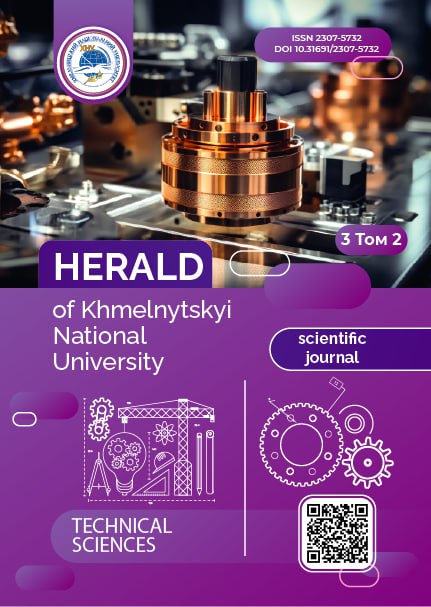IMPACT OF ANTIMICROBIAL TREATMENT ON THE HYGIENIC AND EXPLOITATION PROPERTIES OF TEXTILE MATERIALS FOR THE FOOTWEAR INDUSTRY
DOI:
https://doi.org/10.31891/2307-5732-2025-353-10Keywords:
lining fabric for shoes, hygienic properties, bactericidal effect, fungicidal activityAbstract
This article explores the enhancement of hygienic properties of footwear by applying antimicrobial treatment to textile lining materials. Footwear comfort, durability, and consumer safety are significantly influenced by the hygienic performance of internal components, particularly in preventing the growth of pathogenic microorganisms responsible for skin infections, unpleasant odors, and premature wear. The study emphasizes the necessity of integrating antimicrobial properties into footwear materials to ensure long-term functionality, comfort, and health safety. The research focuses on a dark gray polyester-cotton twill fabric selected as a base lining material.
A set of laboratory tests was conducted to assess hygienic, mechanical, and operational characteristics according to applicable Ukrainian and international standards. Parameters such as hygroscopicity, vapor permeability, air permeability, colorfastness to washing, perspiration, dry and wet rubbing were analyzed. Microbiological evaluation of antibacterial and antifungal activity was carried out at the O.M. Marzeyev Institute for Public Health (NAMS of Ukraine). The findings show that treated samples exhibit enhanced antimicrobial activity, with inhibition zones exceeding 4 mm for all tested strains—meeting international standards for antimicrobial efficacy. Among the variants, the sample treated with 4 g/L concentration demonstrated the most favorable balance of hygienic properties: highest air permeability (63.2 dm³/m²·s), improved vapor permeability (14.9 mg/cm²·h), and highest hygroscopicity (8.92%). The treated materials also showed high resistance to mechanical stress and maintained colorfastness under simulated washing and wear conditions.
In conclusion, the study confirms that ethanol-based treatment with a phenyl-phenol derivative is an effective method for modifying textile materials used in footwear linings. It ensures durable antimicrobial protection without compromising comfort or physical performance. The proposed technology is recommended for implementation in the footwear industry, particularly for manufacturing products intended for prolonged wear, high perspiration conditions, or specialized protective applications.
Downloads
Published
Issue
Section
License
Copyright (c) 2025 ОЛЬГА ГАРАНІНА, АННА ВАРДАНЯН, ЄВГЕНІЯ РОМАНЮК, ЯНА РЕДЬКО, ТАРАС ШОКОТ (Автор)

This work is licensed under a Creative Commons Attribution 4.0 International License.

